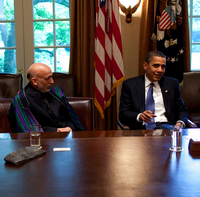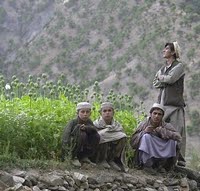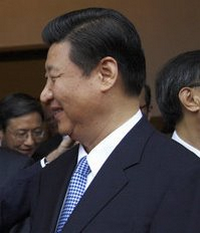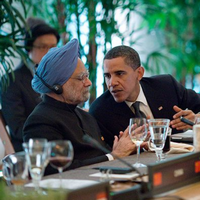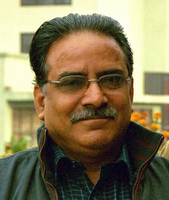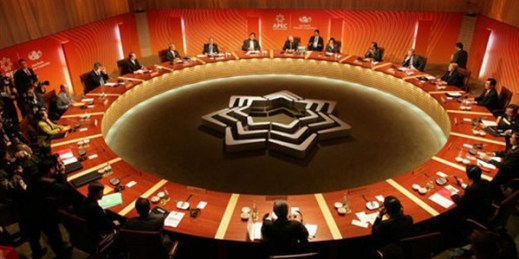
Watching a president dismiss a senior general inevitably calls to mind Abraham Lincoln, who during the Civil War sacked generals left and right until he found one who served his purposes, and Harry Truman, who famously fired Gen. Douglas Macarthur during the Korean War. Unlike his predecessors, who removed generals either for their performance or due to disagreements over policy and strategy, President Barack Obama let Gen. Stanley McChrystal go because McChrystal had permitted a command environment that led some of his staff to crudely dismiss the president’s advisers. As if to underscore the continuity in policy and strategy, Obama […]

